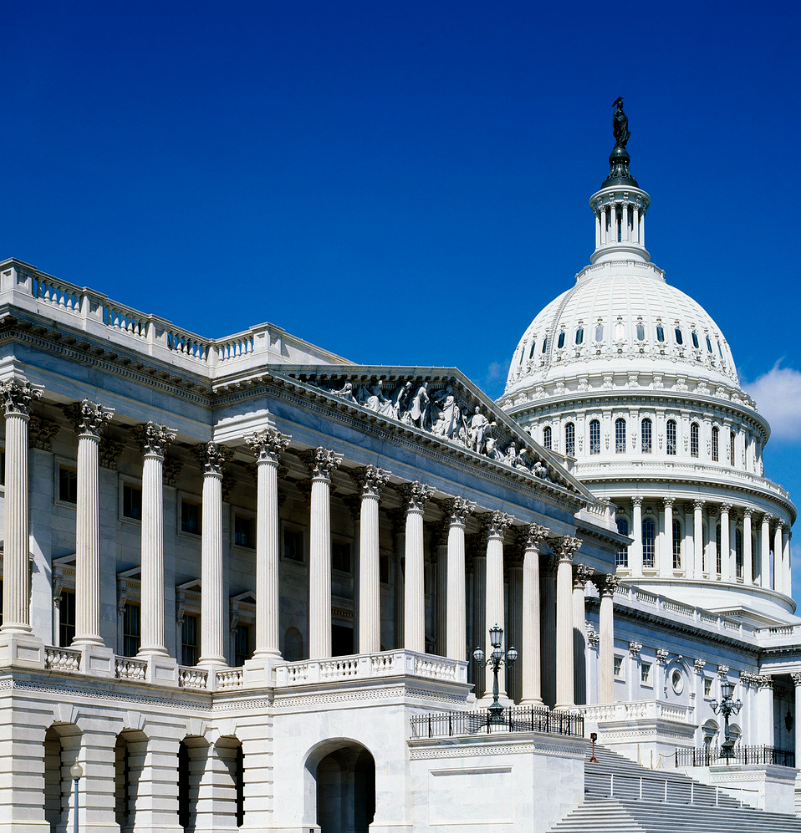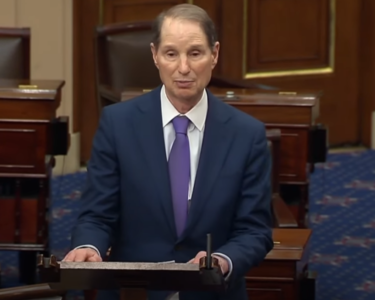In the ever-evolving landscape of U.S. politics, a new chapter unfolds in the saga of immigration reform and border security. At the heart of this development is a bipartisan effort in Congress, currently facing a precarious balancing act amidst mounting opposition from former President Donald Trump and his hard-right allies. The outcome of these negotiations holds significant implications not only for U.S. immigration policy but also for international affairs, particularly the ongoing crisis in Ukraine.
The Precarious Path of Bipartisan Negotiations: The recent efforts by senators to reach a consensus on border measures, which could potentially pave the way for Republican support of crucial Ukraine aid, epitomizes the complex nature of political compromise. However, the road to agreement is fraught with challenges. House Speaker Mike Johnson is under intense pressure from Trump and his supporters to demand more from Democrats and the White House, a stance echoing Trump’s recent social media declaration against any border deal that doesn’t entirely halt what he terms as an “INVASION” of migrants.
Historical Echoes and Current Dilemmas: This scenario is not unprecedented in U.S. politics. Similar dynamics have derailed immigration reform efforts in the past, such as in 2013 and 2018. The current situation is further complicated by the looming election year, with Trump once again spotlighting illegal immigration in his campaign. Despite a noticeable shift in policy negotiations favoring Republican viewpoints, skepticism among conservatives remains high, creating a delicate moment that will shape the future of U.S. immigration and border laws, as well as the fate of Ukraine amid diminishing U.S. support.
President Biden’s Stance: Amidst these turbulent negotiations, President Joe Biden is advocating for a comprehensive border deal. During a recent White House meeting emphasizing Ukraine’s dire need for funding, President Biden expressed his readiness for a significant agreement on border issues. This stance is partly driven by the political vulnerability posed by the historic number of migrants arriving at the U.S.-Mexico border during his term, a key issue in his potential re-election campaign.
Public Opinion and Political Pressures: The immigration issue remains a pivotal topic among the Republican base, as evidenced by the recent Iowa Republican caucuses and public support for border wall construction. Simultaneously, the influx of asylum seekers to Democratic-leaning cities has strained resources and political tolerance in areas crucial for Biden’s re-election. This situation has led to statements from figures like Sen. Michael Bennet and Denver Mayor Mike Johnston, highlighting the fiscal and humanitarian crisis caused by the recent surge of migrants.
Divisions Within Congress: The Senate’s proposed package has sparked a divide among Democrats. While progressive and Hispanic lawmakers criticize the toughened asylum process, others view the Republican resistance to compromise as a lack of sincere intent to address border problems. On the other side, Senate Republican Leader Mitch McConnell champions the deal, viewing it as a rare opportunity to strengthen policies alongside Biden’s $110 billion request for war aid for Ukraine and other national security priorities.
A Glimpse into the Proposed Solution: The Senate proposal focuses on a tougher asylum process to reduce the number of migrants at the southern border. While it includes certain aids for immigrants, like a pathway to citizenship for Afghan migrants and work permits for asylum seekers, it largely omits broader immigration changes previously considered in Senate bills.
As the U.S. stands at a critical juncture in its immigration policy and international relations, the outcome of these negotiations will be a defining moment in the nation’s legislative history. It reflects not only the complex dynamics of bipartisan politics but also the broader narrative of a country grappling with its identity, values, and global responsibilities.





